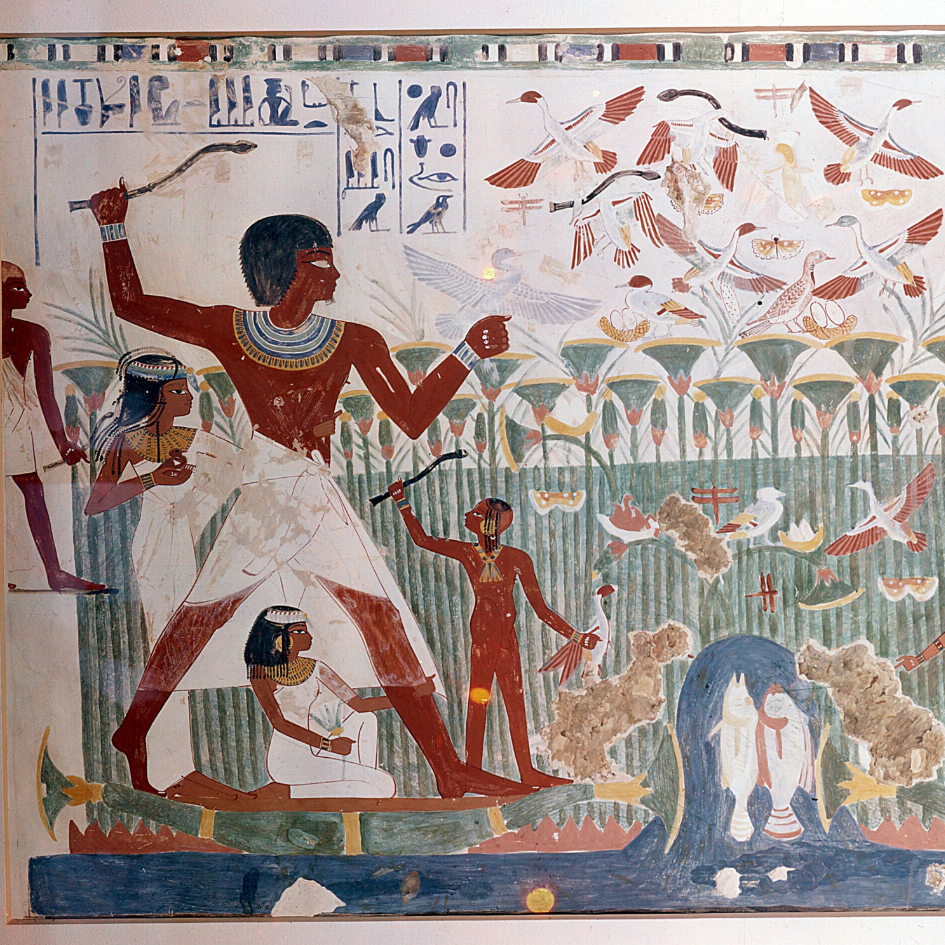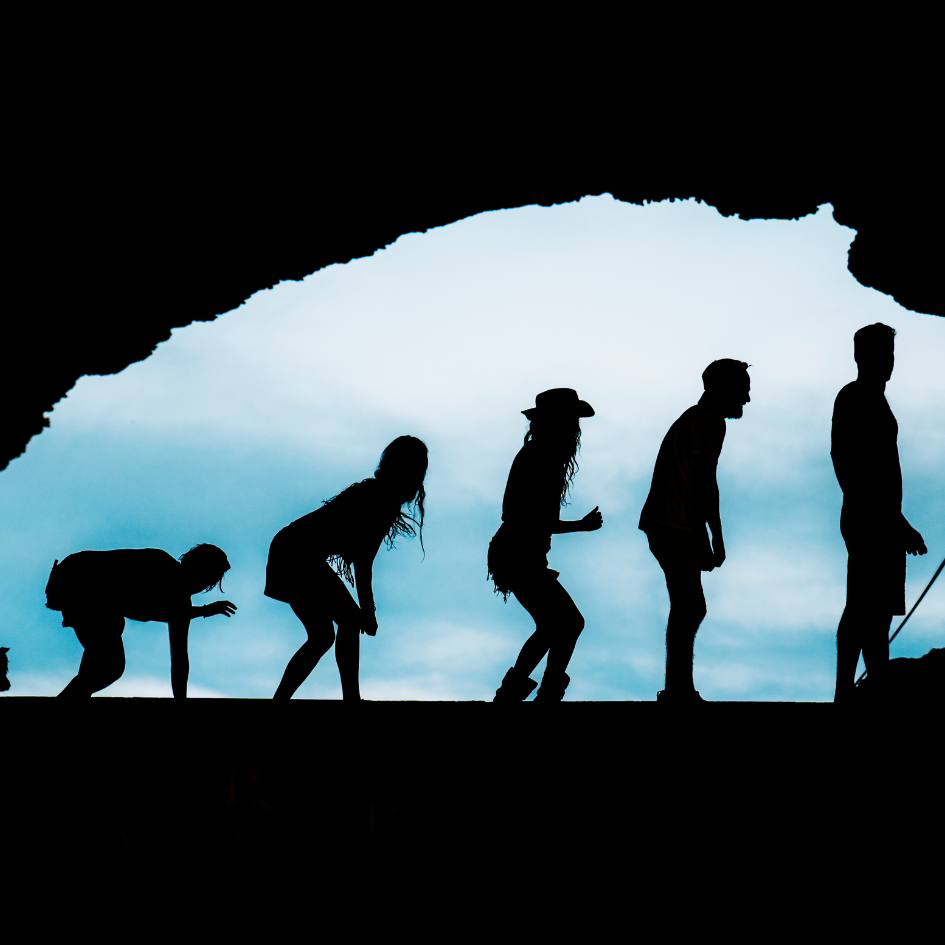We use affiliate links to run our site. When you buy through links on our site, we may earn an affiliate commission, without any added cost to you. Learn more
Since time immemorial, the planet Earth has been home to an extraordinary array of life forms. Among them, humans have risen to become the dominant species, shaping the world as we know it today.
But have you ever wondered just how long our journey on this magnificent planet has been? Join us on an enlightening expedition as we delve into the depths of time to uncover the fascinating story of human existence.
The Paleolithic Era: Tracing Our Ancient Roots
The journey of humanity can be traced back to the Paleolithic era, often referred to as the Stone Age. This remarkable period began approximately 2.6 million years ago and extended until around 10,000 BCE. During this time, our ancestors, known as hominins, emerged in Africa and embarked on a slow but steady progression towards civilization.
The Paleolithic era was characterized by primitive tools, such as handaxes and spears, which were instrumental in hunting and gathering. These early humans led a nomadic lifestyle, traversing vast landscapes in search of food and shelter.
It was during this time that the foundations of our species were laid, as humans began to develop language, social structures, and artistic expressions.
The Emergence of Homo Sapiens: Unleashing the Power of Intelligence
Around 300,000 years ago, a remarkable event occurred in the annals of human history—the emergence of Homo sapiens, our modern species. Our predecessors, the Neanderthals, also roamed the Earth during this time, but it was Homo sapiens who thrived and eventually became the sole surviving hominin species.
The cognitive abilities of Homo sapiens proved to be a defining factor in their ascent. With an increased brain size and remarkable problem-solving skills, our ancestors crafted more sophisticated tools, including blades and needles.
These advancements, coupled with the ability to communicate effectively, enabled them to survive in diverse environments and even migrate to new lands.
Expanding Our Horizons: The Journey Out of Africa
Around 70,000 years ago, a pivotal moment in human history unfolded—the migration of Homo sapiens out of Africa. This momentous event marked the beginning of our species’ conquest of the world. Fueled by curiosity and the relentless pursuit of new opportunities, our ancestors ventured into uncharted territories, leaving their mark on the global map.
As Homo sapiens dispersed across continents, they adapted to diverse climates and ecosystems. The harsh environments they encountered spurred further innovation and adaptation.
From the frigid landscapes of Siberia to the scorching deserts of Australia, humans proved their resilience and ingenuity, overcoming immense challenges along the way.
A Modern Odyssey: From Hunter-Gatherers to Global Civilization

Fast forward to approximately 12,000 years ago, and humanity underwent a remarkable transformation—the transition from hunter-gatherer societies to settled agricultural communities. This monumental shift, known as the Neolithic Revolution, marked the birth of civilization as we know it today.
The discovery of agriculture sparked a revolution in human lifestyles. Instead of constantly moving in search of food, communities began to cultivate crops and domesticate animals. This newfound stability led to the establishment of permanent settlements, the development of complex social structures, and the birth of specialized trades.
Over the ensuing millennia, humanity experienced an exponential growth in knowledge and innovation. From the magnificent pyramids of ancient Egypt to the awe-inspiring achievements of the Roman Empire, humans left an indelible mark on the tapestry of history.
Science, art, philosophy, and countless other disciplines flourished as civilizations rose and fell, paving the way for the modern world we inhabit today.
The Importance of Understanding Our Past:
Studying human history is not merely an exercise in nostalgia; it has significant implications for our present and future. By exploring our past, we gain valuable insights into the complexities of human existence and the factors that have shaped our societies.
Understanding our ancient ancestors helps us appreciate the journey of human evolution and the immense progress we have made. It instills a sense of connection to our shared heritage and promotes empathy for diverse cultures and perspectives.
Moreover, studying history allows us to learn from past mistakes and successes. It provides a broader context for analyzing current societal issues and making informed decisions.
By examining the rise and fall of civilizations, we can identify patterns, understand the consequences of certain actions, and work towards creating a more equitable and sustainable future.
Preserving and learning from historical artifacts, monuments, and cultural heritage is crucial. They serve as tangible reminders of our past and offer glimpses into the lives and achievements of those who came before us.
By protecting and promoting cultural heritage, we ensure that future generations can connect with their roots and appreciate the richness of human history.
Conclusion
Reflecting on the expansive timeline of human existence, we can marvel at the extraordinary journey we have undertaken. From our humble beginnings in the Paleolithic era to the vast complexities of the modern age, humans have exhibited an unparalleled capacity for growth, adaptation, and progress.
As we gaze into the past, we gain a deeper understanding of our shared heritage, appreciating the diverse cultures and civilizations that have paved the way for our present-day world. Let us cherish this knowledge and use it as a guiding light to shape a future that embraces the lessons of our past.
So, the next time you ponder the question of how long humans have been on Earth, remember the grandeur of our evolutionary odyssey—a story etched in the sands of time, waiting to be explored and celebrated by generations to come.
Amazon and the Amazon logo are trademarks of Amazon.com, Inc, or its affiliates.
